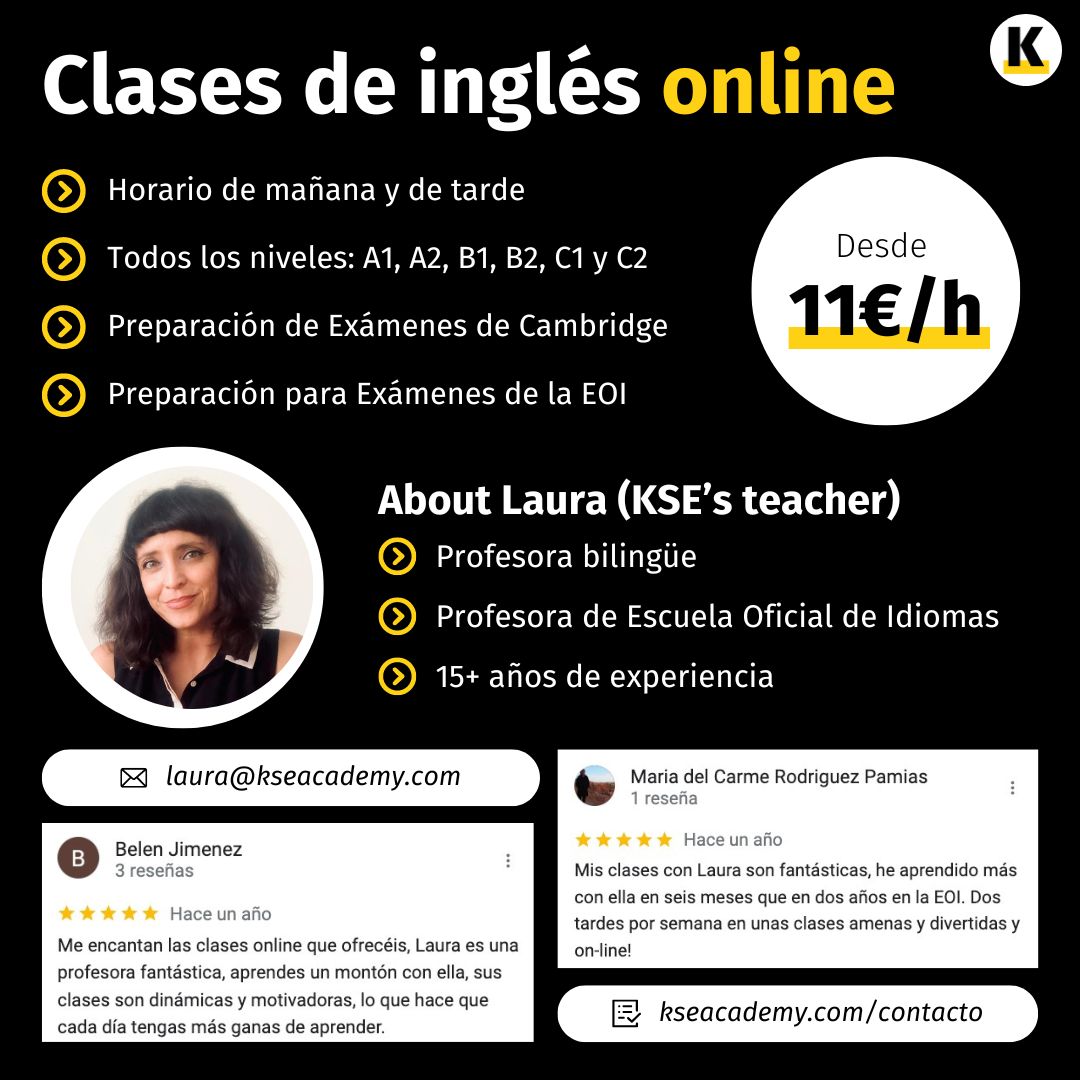If you’re an intermediate-level student of English you might be wondering about the difference between»have» and «had», as they are both forms of the verb Have but appear and are used in different ways. Well, you don’t need to wonder any longer, as I have the answer right here, in this article. Keep on reading and you’ll learn even more about English grammar!
Have vs Had: What’s the difference?
The difference between «have» and «had» is simply that «have» is the infinitive and the present form while «had» is the past or past participle form. And this determines exactly how we use each of them. Let’s look into this in the next few sections.
When do we use Have and Had?
We use «have»:
- As the main verb in the Present Simple, with every person except the third:
I have many friends.
They have breakfast together every morning.
- As the main verb in the Future Simple:
I’m sure you will have a lot of fun with your friends.
She will have your stuff ready when you arrive.
- As the auxiliary verb in perfect tenses in the present, future and with modals.
I have eaten pasta today. (Present Perfect Simple)
We have been working all day. (Present Perfect Continuous)
I will have done my homework by the time you arrive. (Future Perfect Simple)
They will have been running for 5 hours when the bell rings. (Future Perfect Continuous)
They must have missed their train. They should be here by now. (Perfect Modal)
We use «had»:
- As the main verb in the Past Simple tense:
I had a lot of fun last night. Thanks for the party!
We had a great holiday!
- As the main verb (in the past participle form) in simple perfect tenses in the present, future and with perfect modals. Notice that here we need to use «have» as the auxiliary verb as well:
I have had pasta for lunch today. (Present Perfect Simple)
I will have had a shower by the time you arrive. (Future Perfect Simple)
They might have had some problems to print the tickets. (Perfect Modal)
- As the auxiliary verb in past perfect tenses:
I was tired because I had been at work all day. (Past Perfect Simple)
I was tired because I had been working all day. (Past Perfect Continuous)
Have had or Had had?
Well, the answer here is really simple: «have/has had» is the Present Perfect Simple of Have, whereas «had had» is the Past Perfect Simple of Have. The particularity here is that the verb Have is acting both as the auxiliary and the main verb, in both cases:
- Have in the Present Perfect Simple:
I have had enough to eat for the next three days. I’m stuffed!
They’ve had a lot of arguments recently.
- Have in the Past Perfect Simple:
If I had had any idea, I would have told you.
They would’ve come if they hadn’t had a change of heart.
Have you got any questions?
If you have any questions, let me know in the comments. Also, you might be interested in the difference between have and have got. That post is pure gold as well! I’ll read your comments below. Until then, don’t forget to keep smiling!

